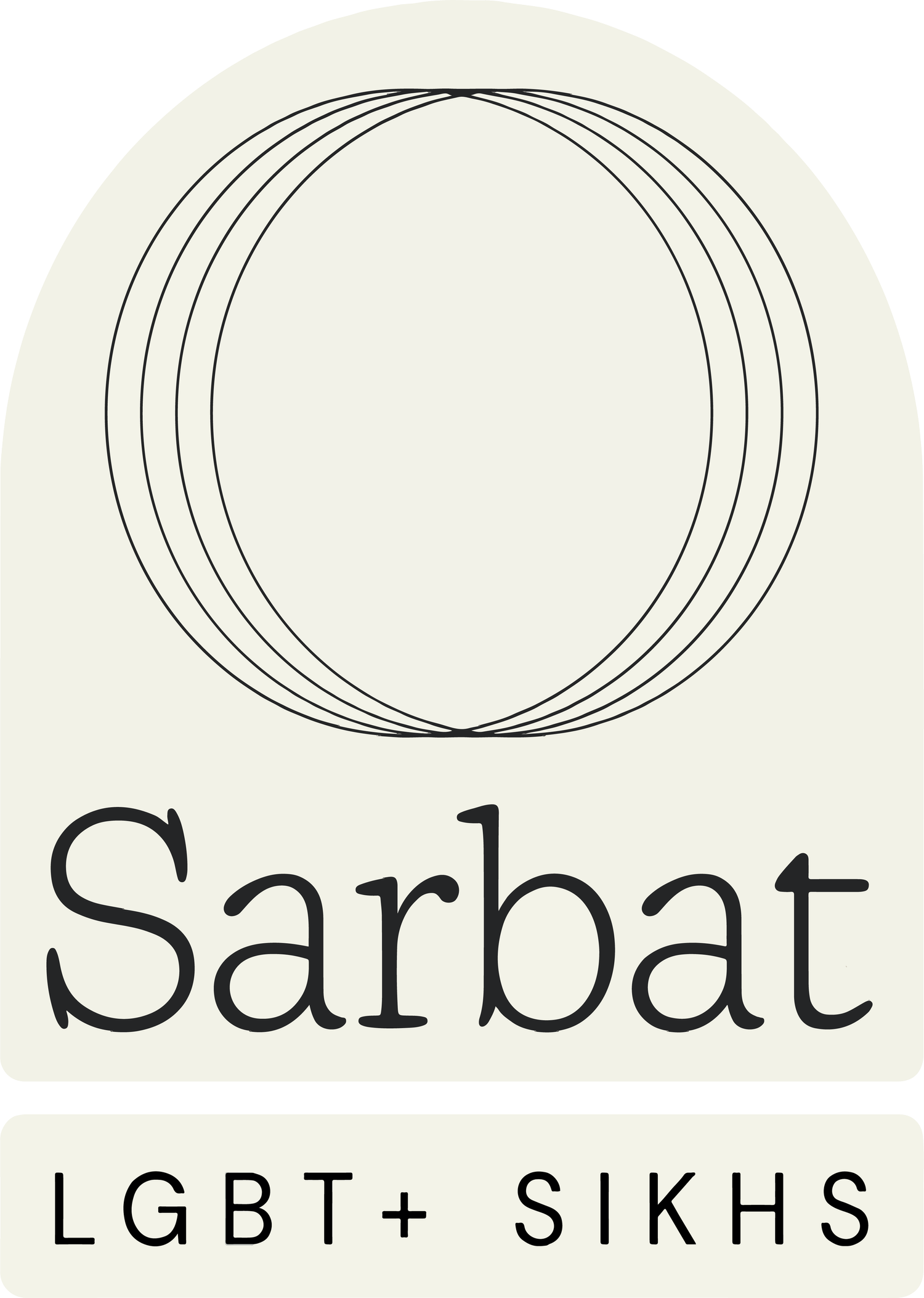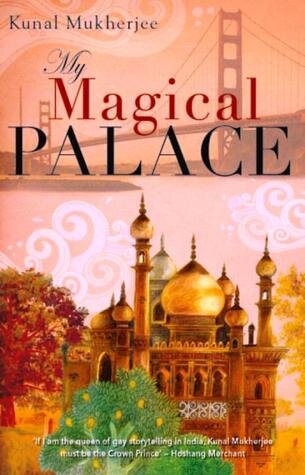My Magical Palace, a review
Sarbat Reads, the book club that focuses on Sikh and LGBT+ issues powered by sarbat.net, read My Magical Palace by Kunal Mukherjee in the month of August 2020. Here’s a short review based on the discussion we had:
Book cover, courtesy of goodreads.com
My Magical Palace by Kunal Mukherjee takes you along on an exciting journey in the 70’s India filled with happiness, loss, challenges, revelations, and, finally, acceptance. We found this novel easy to read, enjoyable and overall well-written.
Andrew discovers that Rahul is entertaining suggestions for an arranged marriage by his family even though he is in a committed relationship with Andrew; and Rahul recounts the events from one year in his childhood to Andrew to explain his actions. This is the frame, the pretext, that allows the story to be told. We found the whole idea of the heartfelt confession to the partner a bit clumsy and pointless; the constant shifting in time took focus away from the main narration and killed the catharsis.
The novel isn’t only about Rahul’s homosexuality, it revolves around a series of rather stereotypical characters taking on everything else that patriarchy in Indian society frowns upon. Things are sometimes over-explained as if addressing a white western reader rather than the desi reader well-versed in these issues.
The main theme of the book is the traditional Indian vision of love as a social institution instead of a personal feeling. Forbidden relationships (being inter-faith, same-sex or divorce) are metaphors for one another, each equally stigmatised. Malika Didi and Salim’s love affair as a Hindu-Muslim couple occupies a big chunk of the book, showing that homosexuality wasn’t the only dangerous path to follow.
Here I was, fighting to reclaim a relationship that was for all practical purposes destined to be as much a disaster as Malika and Salim’s.
– Rahul, protagonist in My Magical Palace
Another big part of the book is devoted to the profuse description of the palace (yes, the one in the title) and its garden, Rahul’s own Garden of Eden, his safe space. This exquisite portrayal of Indian nature is absolutely vivid and propels you in a magical environment indeed. Animals are equally salient and most of the time they came to play the role of metaphor of the protagonist’s feelings and fears. Throughout the novel we find all sorts of birds (especially bats), bugs and monkeys that draw parallels between Rahul’s situation and the aggressive patriarchal society.
The book ends so unexpectedly that it almost disappoints you. The author develops the one year in Rahul’s life with great detail and stops short of mentioning his later development. Even the events in the very last pages are left undone. We at Sarbat asked the same question: What happens next? We wanted to know the reactions to the revolutionary self-acceptance that takes place at the very end.
One thing we absolutely loved about My Magical Palace is the relationships Rahul shares with his sister Rani and his Mallika Didi that culminates in a heartbreaking moment of bond between Rahul and Rani, a gay boy and a girl, two minorities seeking support in each other as they face bullies at school and patriarchy in general:
“I will gladly beat up anyone who says mean things about you.” [Rani] pinched my cheek playfully, her eyes twinkling. “But I will always be stronger and taller than you.”
The character we unanimously liked the most was Colonel Uncle, a very enigmatic and controversial figure, Rahul’s only confidante and role model. We were quite disappointed that his storyline wasn’t as developed in the book, as it held so much promise. Unfortunately, the other characters came across as quite flat and superficial, described more like prototypes than real people. It seemed like there is no nuance between good and bad when it came to people, and we were left wanting more representation of the humanity that lies in-between.
To hear more about the novel, hear directly from the author, Kunal Mukherjee here:
Even if you missed the club meeting, we recommend this novel by Kunal Mukherjee for a nice gateway from everyday’s life, take the opportunity to visit Rahul’s palace and connect with your own nature.
Happy reading from Sarbat.

